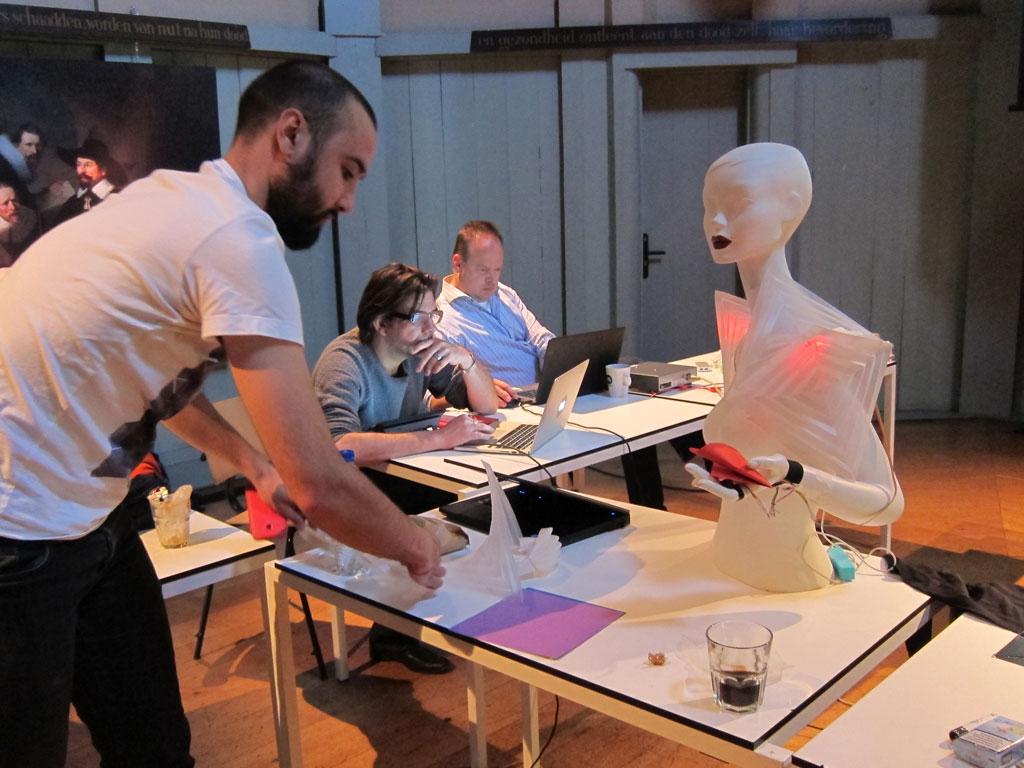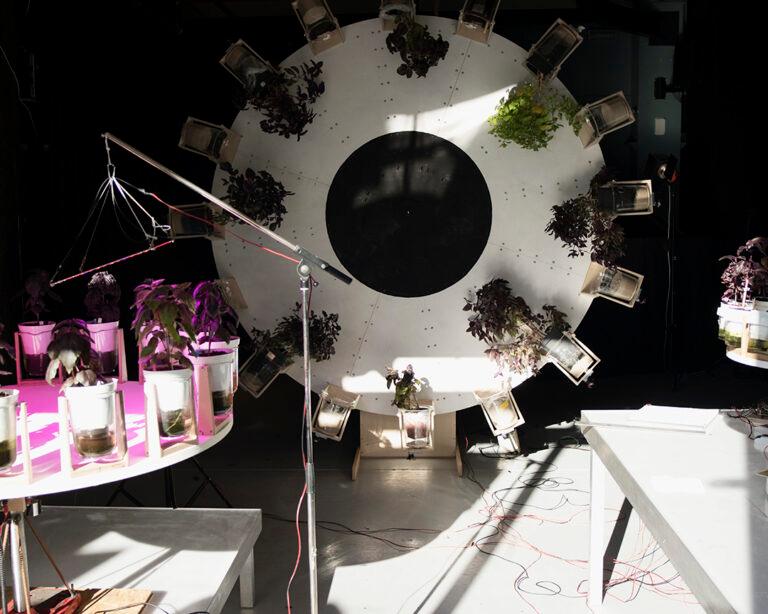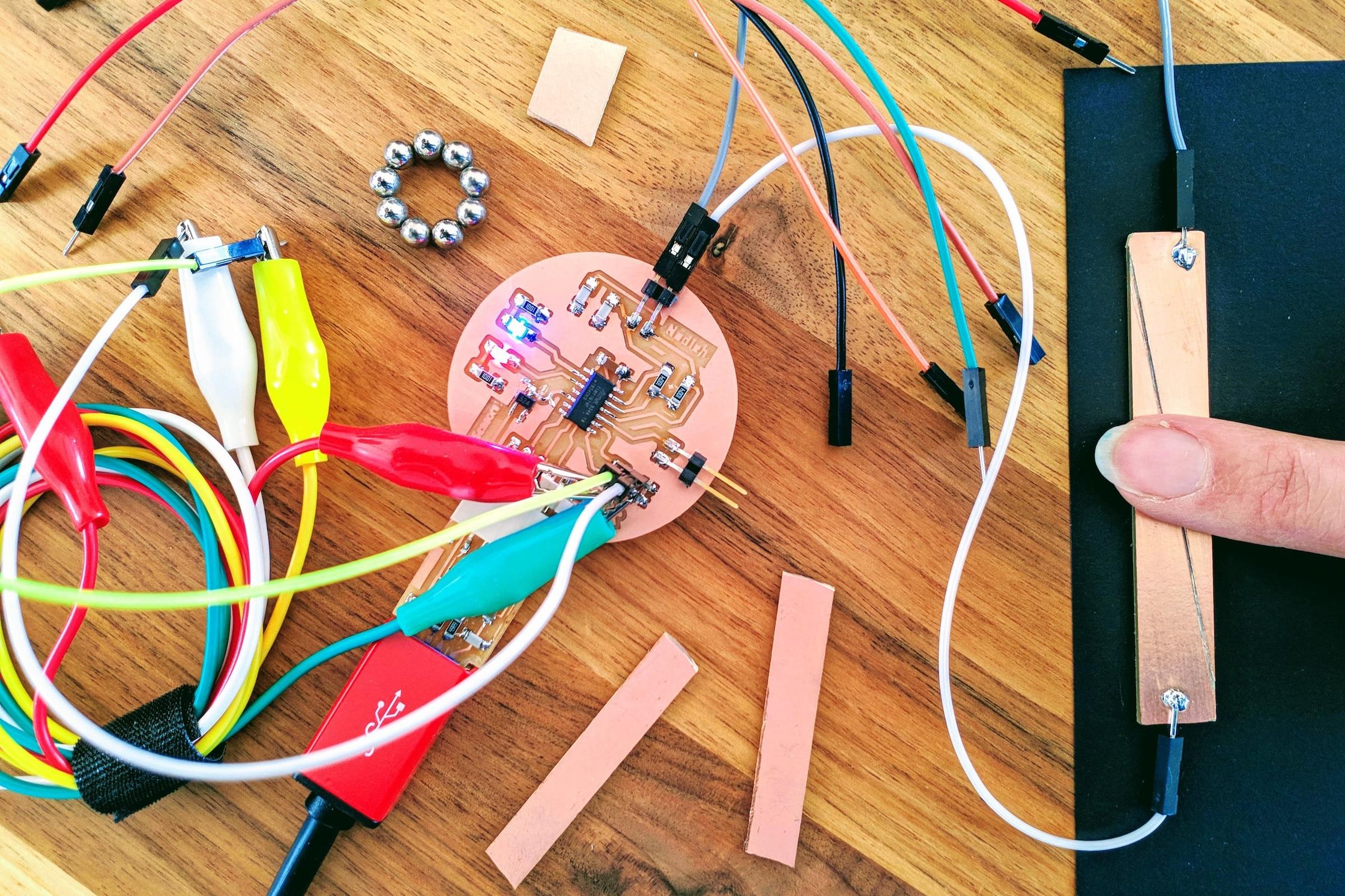The Fab Academy edition of 2017 will start on January 25th 2017 (time of lectures and recitations: 9:00 on the US East Coast). Fablab Amsterdam will be one of the nodes in the Fablab network offering the course. All information about the academy can be found at http://fabacademy.org.
About
The Fab Academy teaches principles and applications of digital fabrication. It was developed to teach hands-on skills in fab labs, which began as an outreach project from MIT’s Center for Bits and Atoms, and has grown into a global network of more than 500 labs.Fab Academy instruction is based on MIT’s popular rapid-prototyping course How To Make (almost) Anything, both taught by Prof. Neil Gershenfeld. It offers a distributed rather than distance educational model: students learn in local workgroups, with peers, mentors, and machines, which are then connected globally by content sharing and video for interactive classes. The individual labs are supported and supervised regionally by supernode sites with more advanced capabilities, expertise, and inventories.
There is no global accreditation for these skills. Instead, each student builds a portfolio that documents their mastery of them individually, and their integration. These are reviewed by their local instructors, regional gurus, and then centrally to ensure that each student meets global standards and follows evolving best practices. The Fab Diploma is earned by progress rather than the calendar, for successful completion of a series of certificate requirements. The instructional sequence requires six months to cover, and the time to finish has ranged from that up to a few years.
The Fab Diploma is awarded by the Fab Academy. It has no institutional connection with MIT (and none should be claimed), but a number of the participating sites offer it overlaid with their local accreditation. It recognizes readiness to work in, and establish, a fab lab. The Fab Diploma has led to students obtaining employment, investment, admission, and recognition.
The Fab Academy platform has subsequently been used to add classes (collectively called Academany) that share the model of hands-on instruction to students in workgroups, with local mentors, linked by shared content and interactive lectures by global leaders. The first of these is How To Grow (almost) Anything, an introduction to biotechnology with a faculty team led by Harvard’s Prof. George Church, with more classes under development, as well as programs for more advanced study planned.
Diploma / Individual Fab Academy Certificates
- digital fabrication principles and practices – 1 week
- computer-aided design, manufacturing, and modeling – 1 week
- computer-controlled cutting – 1 week
- electronics design and production – 2 weeks
- computer-controlled machining – 1 week
- embedded programming – 1 week
- 3D molding and casting – 1 week
- collaborative technical development and project management – 1 week
- 3D scanning and printing – 1 week
- sensors, actuators, and displays – 2 weeks
- interface and application programming – 1 week
- embedded networking and communications – 1 week
- machine design – 2 weeks
- digital fabrication applications and implications – 1 week
- invention, intellectual property, and business models – 1 week
- digital fabrication project development – 2 weeks


